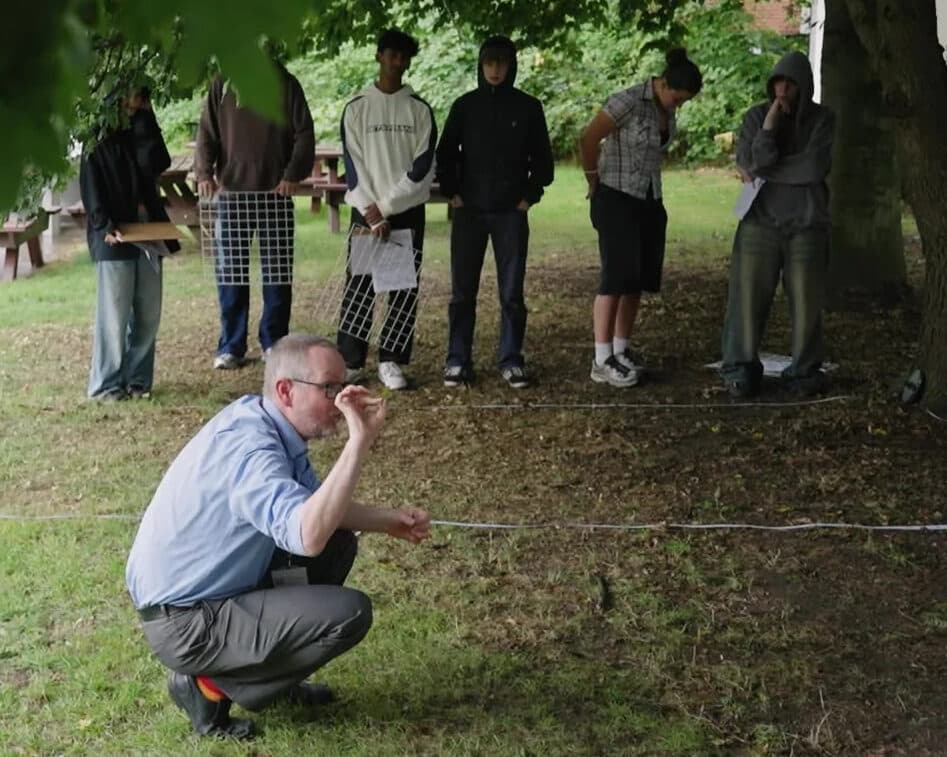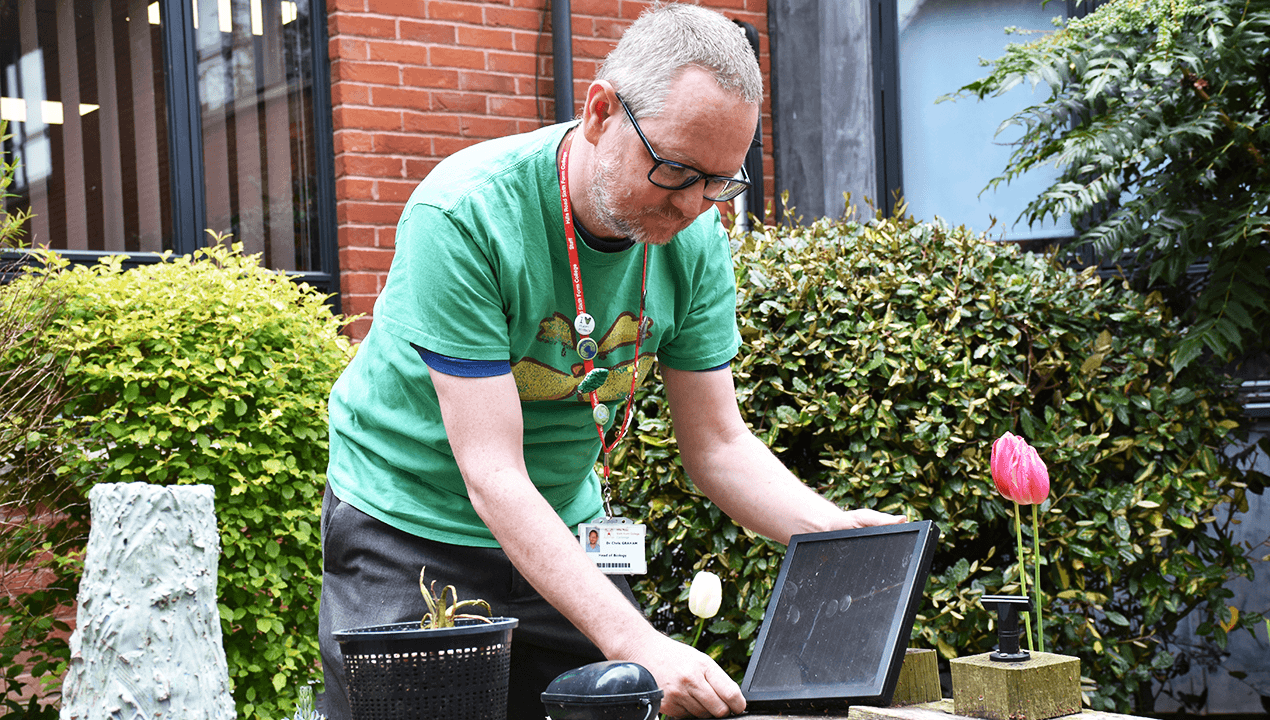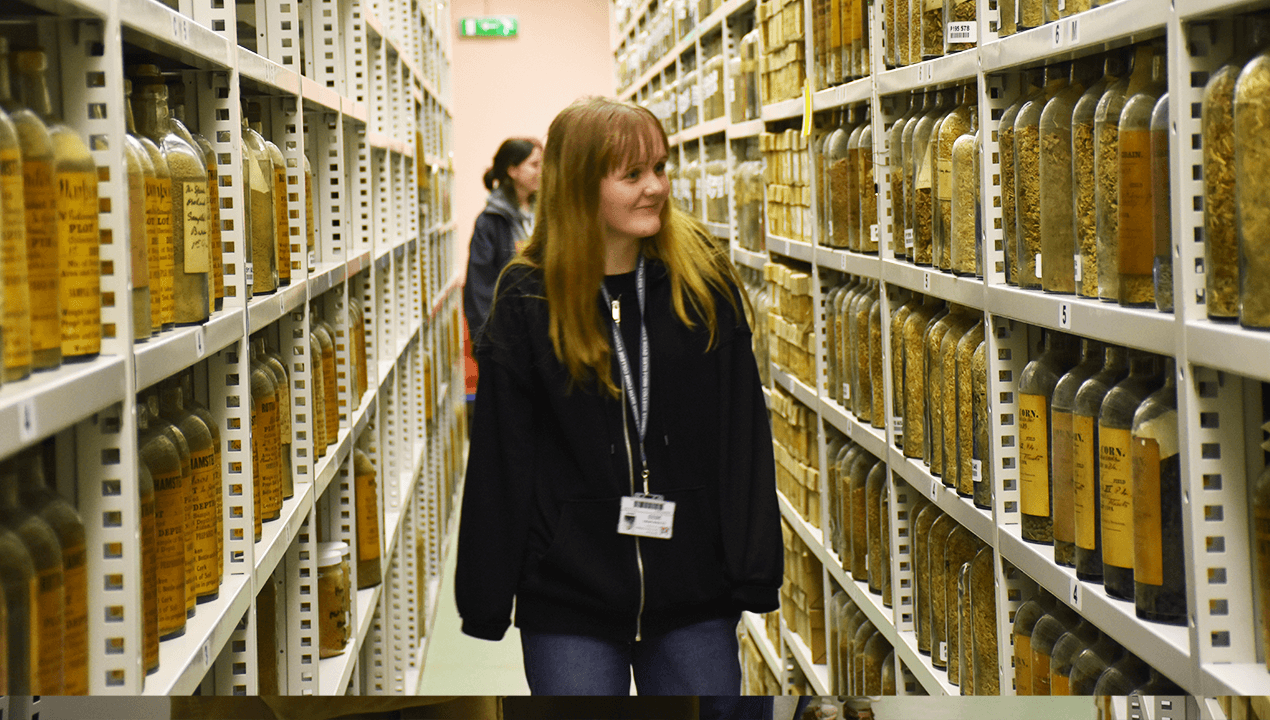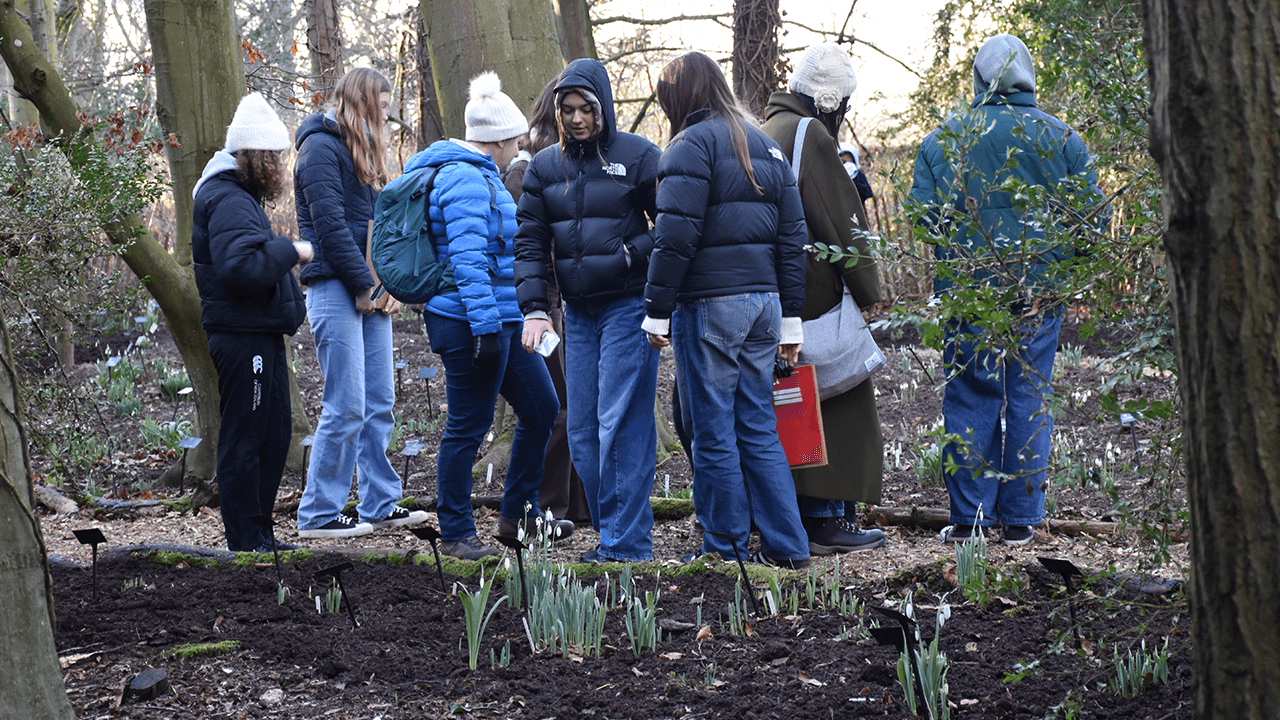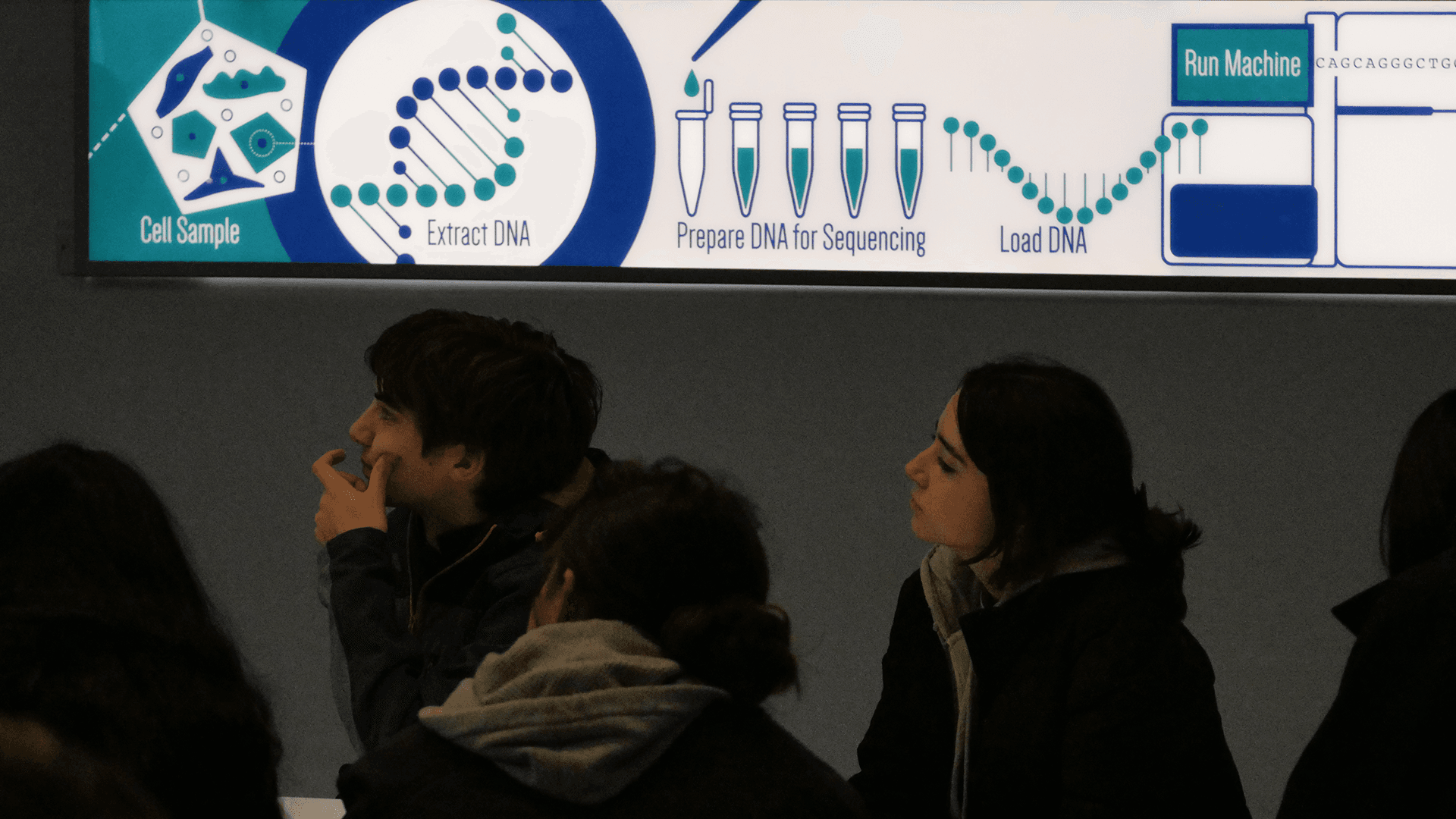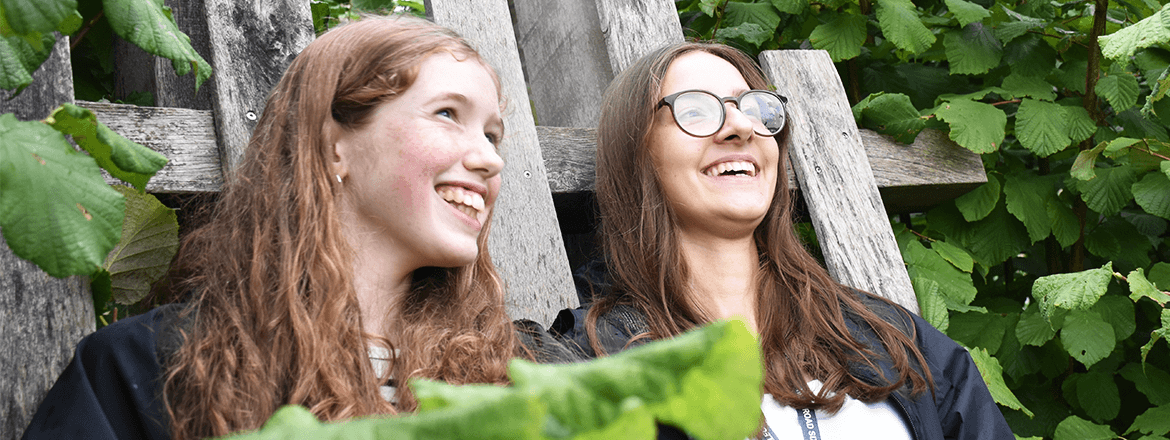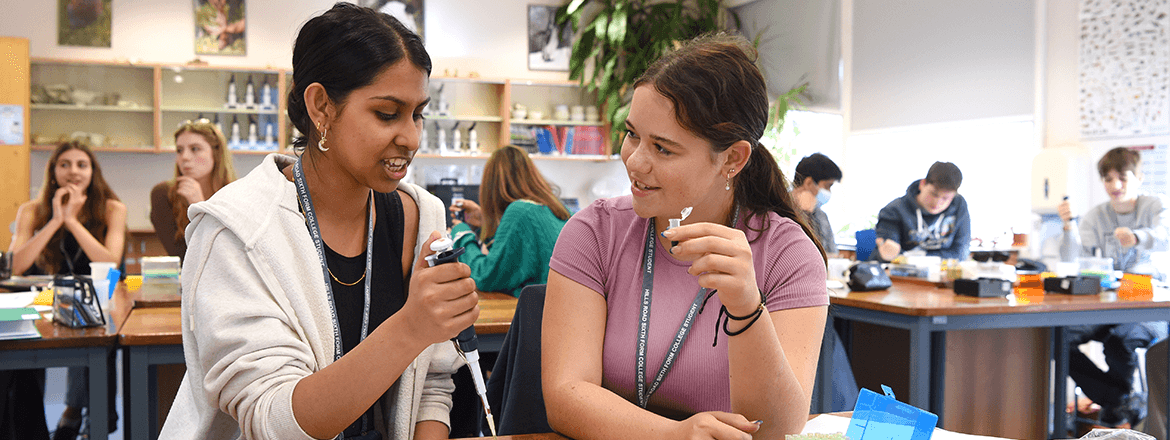Biology students test new equipment for Snowdrop DNA project
On Monday 8 January, twenty-four Enrichment students, who have been working on the Snowdrop DNA project, conducted several experiments using micropipettes, microcentrifuge and gel electrophoresis systems purchased through the support of the Local Skills Improvement Fund grant.
Published on 10/01/2024
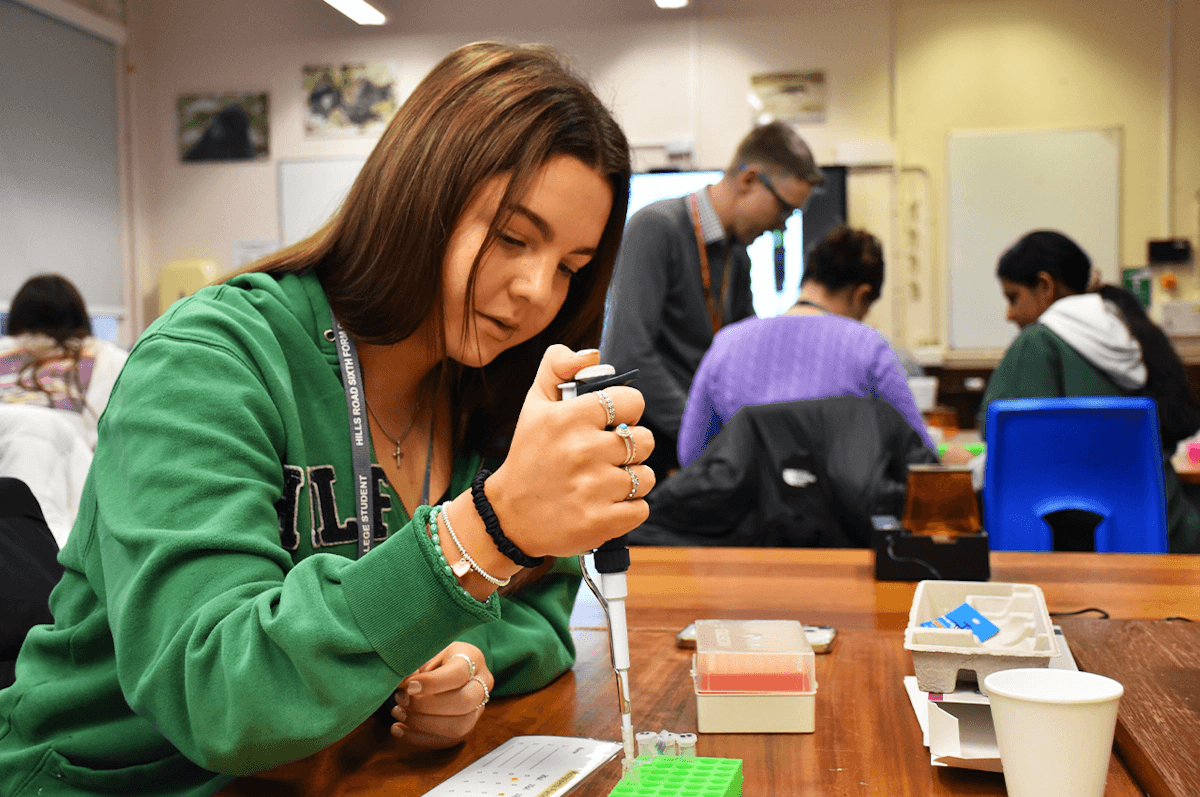
Local Skills Improvement Fund provides outstanding equipment for biology students
This equipment was recently purchased through the support of the Local Skills Improvement Fund grant which aims to enable collaborations between further education colleges and training providers to meet the needs of various employers identified in an area’s Local Skills Improvement Plan.
The College has used part of the grant to enable Biology students to gain valuable experience in industry-wide research techniques. This will equip all our Biology A level students with the knowledge, skills and practical experience that are widely used in the biomedical and life science industries, which are so vital to our local community and economy.
Principal Jo Trump and Assistant Principal Ian Pryer visited this enrichment class to talk to students about this exciting project and inspect the incredible range of equipment that arrived at the lab. Students were quick to train staff with the new equipment, which they have previously had experience with, to enable them to get hands-on with some of the experiments.
It was fantastic to see and hear the passion that these students have for this project, the equipment that they are now able to use and the overall subject matter. Students will continue to research and experiment on Snowdrop DNA over the coming months, where they will continue to learn an array of practical skills relevant to the workplace and the career paths that are available to them in this field.

